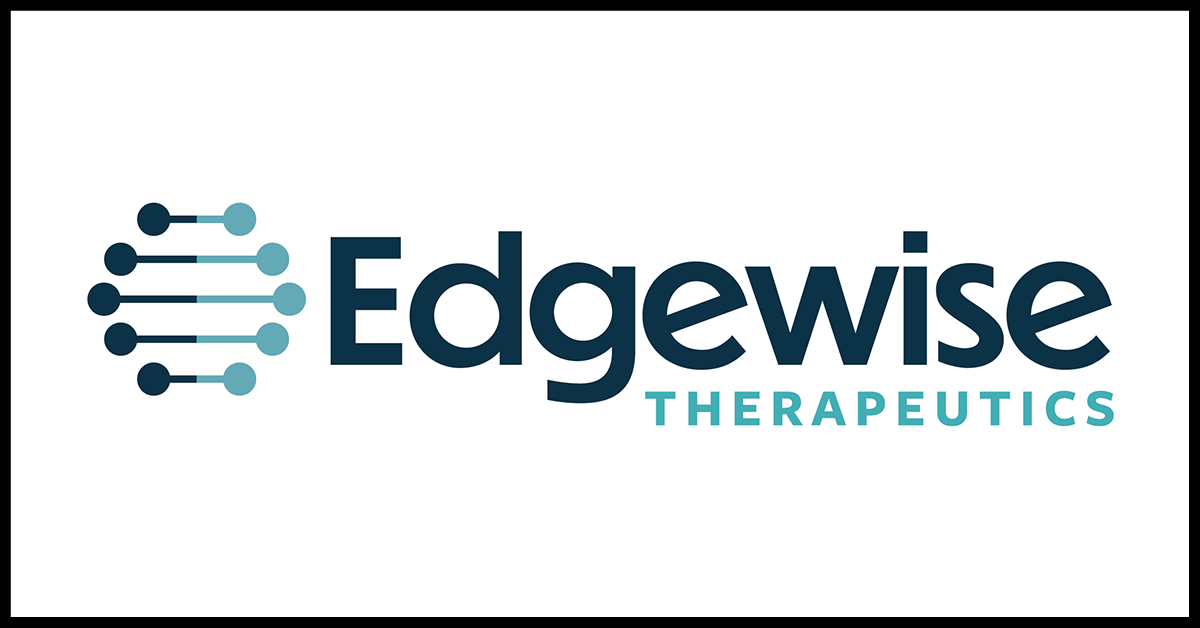
Edgewise Therapeutics has released 4-month interim results from the ongoing ARCH open label study of EDG-5506 in adults with Becker muscular dystrophy. EDG-5506 is a small molecule, taken orally, that is intended to help protect muscle by reducing injury of fast-twitch skeletal muscle.
Results showed that treatment with EDG-5506 led to a significant decrease in some important biomarkers of muscle damage, and that North Star Ambulatory Assessment (NSAA) scores increased by an average of 1.17 points compared to pre-therapy baseline.
We are pleased to see these encouraging results and look forward to learning more as the trial continues.
Read the Press Release from Edgewise Therapeutics:
Edgewise Therapeutics Announces Positive 4-Month Interim Results from the ARCH Open Label Study of EDG-5506 in Adults with Becker Muscular Dystrophy (BMD)
– Remarkable North Star Ambulatory Assessment scale (NSAA) improvements relative to BMD natural history trajectories –
– Significant decrease in levels of serum creatine kinase (CK) and fast skeletal muscle troponin I (TNNI2), enzyme biomarkers strongly associated with muscle damage caused by BMD –
– EDG-5506 continues to be well-tolerated with no serious adverse events observed –
– Management hosting webcast to discuss findings on September 12 at 8:30 a.m. Eastern Time –
September 11, 2022 05:00 PM Eastern Daylight Time
BOULDER, Colo.–(BUSINESS WIRE)–Edgewise Therapeutics, Inc., (NASDAQ: EWTX), a clinical-stage biopharmaceutical company focused on developing orally bioavailable, small molecule therapies for the treatment of rare muscle disorders, announced today positive 4-month interim results from the ongoing ARCH study, an open label, single-center study assessing the safety, tolerability, impact on muscle damage biomarkers, and pharmacokinetics (PK) of EDG-5506 in adults with BMD. EDG-5506 is an investigational orally administered small molecule myosin modulator designed to protect injury-susceptible fast skeletal muscle fibers in dystrophinopathies such as Duchenne muscular dystrophy (DMD) and BMD.
The twelve adults with BMD enrolled in the ARCH study were dose escalated to daily 15 mg oral doses of EDG-5506 at night after having initially received a 10 mg dose during the first 2 months of the study. Plasma PK at 4 months reached the target exposures observed in the Phase 1b study where BMD participants were dosed with 20 mg EDG-5506 once-daily for two weeks. EDG-5506 was well-tolerated in all participants with no discontinuations or dose reductions. The most common adverse events observed to date were dizziness, drowsiness, and headache. All eligible patients have subsequently been dose escalated to 20 mg daily as per protocol.
Treatment with EDG-5506 led to a significant decrease in key biomarkers of muscle damage when assessed by laboratory assays. Importantly, CK and fast skeletal muscle troponin I were reduced by an average of 29% and 74%, respectively, after 4 months. While CK reductions were sustained and in line with observations made at 2 months, mean fast skeletal muscle troponin I levels decreased with continued exposure to EDG-5506. Similar to observations made after 2 months, both CK and fast skeletal muscle troponin I were significantly decreased in the context of typical everyday activity levels as measured with a pedometer.
After 4 months of EDG-5506 dosing, NSAA increased by an average of 1.17 points compared to pre-therapy baseline. Remarkably, nine of the twelve participants showed either a functional improvement or exhibited no decline on NSAA relative to their baselines. The NSAA improvements observed after only 4 months of EDG-5506 dosing differ from trajectories observed in the natural history study reported by Bello et al. (2016)1, one of the most comprehensively characterized BMD cohorts, in which the yearly decline was 1.22 NSAA points. These observations were further corroborated by an independent study from van de Velde et al. (2021)2, which showed a decline of 2.5 NSAA points over 2 years.
The Company believes the 4-month ARCH study data with EDG-5506 provide further support that reducing contraction-induced damage in dystrophic muscle has the potential to preserve and improve muscle function while preventing disease progression in dystrophinopathies.
“Those with BMD have no approved options to treat their condition,” said Joanne Donovan, M.D., Ph.D., Chief Medical Officer of Edgewise. “We continue to be encouraged by EDG-5506’s safety profile and these interim 4-month data allow us to make some critical decisions on how to potentially accelerate our clinical programs in BMD and DMD.”
“We appreciate the individuals with BMD who are participating in the ARCH open label study,” added Kevin Koch, Ph.D., President and Chief Executive Officer of Edgewise. “These early NSAA results, along with the steep decline in biomarkers of muscle damage, are very encouraging and highlight EDG-5506’s potential to alter the course of the disease.”



 by: Parent Project Muscular Dystrophy
by: Parent Project Muscular Dystrophy

